Is specialty coffee becoming more popular in Thailand?
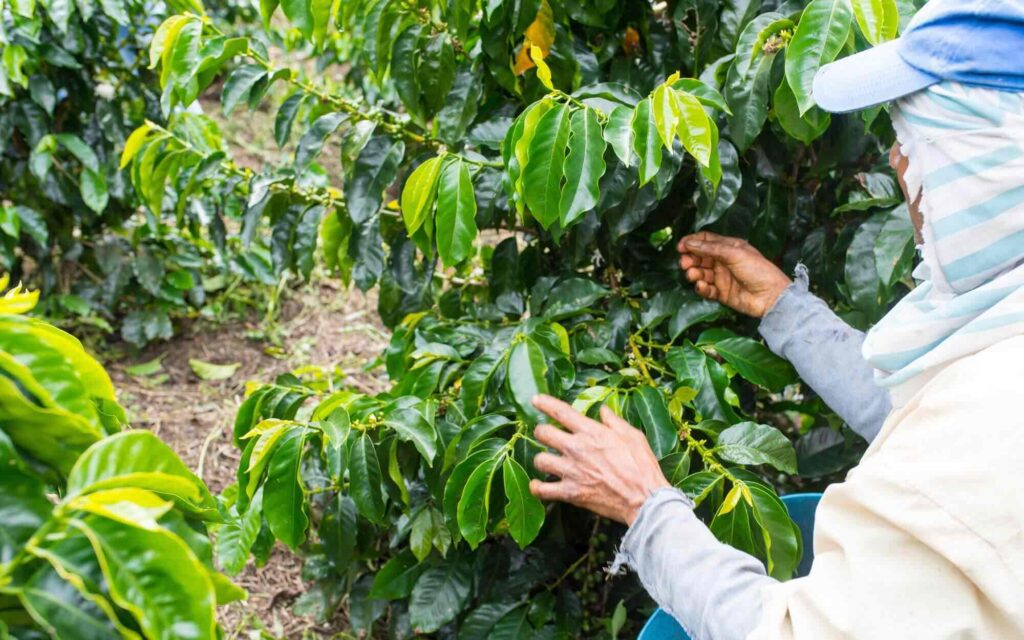
Located on the Indochinese Peninsula, Thailand is one of the top 25 coffee producing countries in the world – and the third-largest in Southeast Asia. Historically known for growing commercial-grade robusta, in recent years, the country has been producing more and more arabica and fine robusta.
Alongside improving coffee production, there is also a burgeoning specialty coffee scene in Thailand. In larger cities like Bangkok and Chiang Mai, there is a growing number of high-end coffee shops and roasters. Additionally, interest in coffee education, competitions, and auctions is also increasing – solidifying Thailand as an emerging specialty coffee market we should pay attention to.
To learn more, I spoke to five industry professionals – including four Thai coffee experts. Read on to find out what they had to say about the country’s growing specialty coffee sector.
You may also like our article on how South Korean coffee culture is evolving.
Specialty coffee production in Thailand
Compared to other producing countries in Asia, Thailand is relatively new to growing coffee. Although arabica plants were first introduced to the country in 1849, commercial coffee production didn’t take off until the 1970s.
During this period, in partnership with the United Nations, King Bhumibol Adulyadej launched a series of initiatives to support local communities in northern regions to grow alternative cash crops to opium poppies. By 1976, Thailand had started to export coffee – albeit mostly lower-quality robusta.
Most robusta is grown in southern Thailand, while the tropical climate in the northern regions is more suited to producing arabica. The country has always produced more robusta, but rising demand for high-quality Thai-grown coffee means more farmers are planting arabica.
Anuwat Kbnampetch is the founder and director of the Ministry of Roasters and SOCOF Lab in Bangkok, Thailand. He explains that the ratio of land used to grow arabica and robusta has changed over the years.
“Between 2017 and 2019, around 65% of coffee-growing land was for robusta, and 35% for arabica,” he says. “However, between 2020 and 2022, this changed to around 59% and 41%, respectively”.
Chartree Treelertkul is the Director of Peaberry Thai Co. Ltd. in Bangkok. He tells me how the Thai coffee sector has developed in recent years.
“Thailand grows significantly more robusta than arabica,” he says. “This means there often isn’t enough arabica for domestic consumption [so most of it is exported].
“Some seven years ago, however, arabica farmers started to improve farming practices,” he adds. “They focused more on using different processing methods (including fermentation) and drying methods, as well as planting new varieties such as Gesha, Bourbon, Caturra, and Typica.”
How has Thai coffee culture evolved?
Traditionally, Thailand is a tea-drinking country. However, alongside instant coffee, certain coffee drinks are also popular among consumers – including the Café Boran (or Kafae Boran). First created during the 1940s as a more affordable beverage for the masses, the drink includes dark roast robusta combined with a number of other roasted grains, such as:
Corn
Brown rice
Sesame
Soy beans
Tamarind seeds
The mixture is placed inside a cotton cloth and steeped in hot water. Most people then add condensed or evaporated milk to add sweetness and counteract some of the more bitter flavours.
Oliang (or Thai iced coffee) is also popular in the country. Often sold by street vendors, the drink can be customised in a number of ways, including adding fresh or condensed milk.
As Chartree tells me, it’s clear that Thailand’s coffee culture has changed significantly over the past several decades.
“One of the main turning points for Thai coffee culture was around 20 to 30 years ago when big hotel chains started to import roasted coffee,” he explains. Following this, multinational coffee brands like Starbucks launched in the country, with smaller independent coffee shops also opening some years later.
What about specialty coffee?
Nattawat “Natt” Muangsiri is the Managing Director of Espresso Academy Thailand – a Specialty Coffee Association-accredited training facility in Bangkok. Natt is also a commercial airline pilot, which has taken him to many countries around the world where specialty coffee is also popular.
“Since 2014 when I started flying to Europe and Scandinavia – as well as countries like South Korea, Japan, Australia, and New Zealand – I have become more aware of specialty coffee,” he says. “There are some third wave coffee shops in cities like Bangkok, but in comparison to cities in the countries mentioned, there are certainly fewer.”
Anuwat, meanwhile, explains that Thailand’s specialty coffee scene started to develop more between 2013 and 2016, with more coffee shops opening in big cities like Bangkok, Chiang Mai, Khonkaen, Udornthani, Ubolrachatanai, and Korat. The pandemic also helped to accelerate the popularity of specialty coffee, he tells me.
In specialty coffee shops, Chartree explains that filter coffee, lattes, iced drinks, and pour overs are some of the most ordered menu items.
“The number of smaller roasters is also increasing – the market growth is around 15% to 20% every year,” he adds.
Alongside a growing preference for high-quality arabica, there is also more demand for fine robusta – which must adhere to a strict set of standards and protocols, including no primary defects. As part of rising interest in high-quality robusta, Thailand has started to host more events and competitions.
“We hosted the first-ever Siam Coffea Canephora Symposium in 2019,” Natt says. “Two years later, the Department of Agriculture started to allow national coffee competitors to use robusta in their routines.”
An increasing focus on education, competitions & auctions
In many specialty coffee markets around the world, industry professionals and consumers alike are showing more and more interest in education and events – and Thailand is no exception.
Piyarat Prakobvanichkul is the Managing Director of Coffee Therapy in Thailand.
“Specialty coffee has been around for almost ten years in Thailand, but it became more prominent some seven years ago,” she says. “People are now interested to learn more about specialty coffee – not only in Bangkok, but across the country.
A growing number of people want to learn more about processing methods and specialty coffee standards, including how to taste and score coffee,” she adds.
Prior to 2016, Nat tells me coffee education wasn’t accessible to most people in Thailand.
“Now, there is a lot of interest in SCA and Coffee Quality Institute-accredited courses and classes,” he adds.
Events also play a vital role in boosting the Thai specialty coffee sector. For instance, every year, the Specialty Coffee Association of Thailand (SCATH) hosts the Thailand Coffee Fest, which typically attracts more than 10,000 visitors.
The SCATH also organises the Thai Specialty Coffee Awards competition and auction. The 2023 event, which was held in July, included 268 samples representing a range of processing methods. Some 53 coffees received 85 points or higher, with auction bids also totalling over THB 3.27 million (US $93,500).
Thai specialty coffee on the international market
It’s clear that the global specialty coffee market is showing more interest in Thai-grown coffee. This was especially apparent in 2022 when Alliance for Coffee Excellence (ACE) and Cup of Excellence (CoE) hosted the pilot Best of Thailand competition and auction project.
Darrin Daniel is the former ACE and CoE Executive Director, and is now a partnership manager at Enveritas.
“It’s not to say that there isn’t a specialty coffee market in Thailand, but there’s a lot of Thai coffee that isn’t sold on the global market,” he says.
In 2022, CoE conducted its first Sensory Educational Training (SET) course in Thailand to train coffee professionals on how to use its cupping form. Fast forward to this year and ACE held the first-ever CoE Thailand competition and auction. With the highest-scoring coffee receiving 91.13 points and a top bid of US $73.30, it’s certainly evident that Thai farmers are successfully investing in coffee production.
Alongside arabica, Anuwat believes the market for Thai-grown fine robusta will grow in the next five to ten years – especially with a new generation of farmers improving best practices, farm management, and post-harvest processing.
“Many people around the world love Thai food and our local fruits,” Piyarat says. “But now it’s time for Thai coffee.”
With the country producing higher-quality arabica and robusta – and its flourishing specialty coffee scene – the future looks promising for Thailand.
“It would be great to see more coffee from Thailand on the international market – and also used at competitions,” Natt concludes.
Enjoyed this? Then read our article on whether Nepal will produce more specialty coffee in the future.
Perfect Daily Grind
Want to read more articles like this? Sign up for our newsletter!
The post Is specialty coffee becoming more popular in Thailand? appeared first on Perfect Daily Grind.
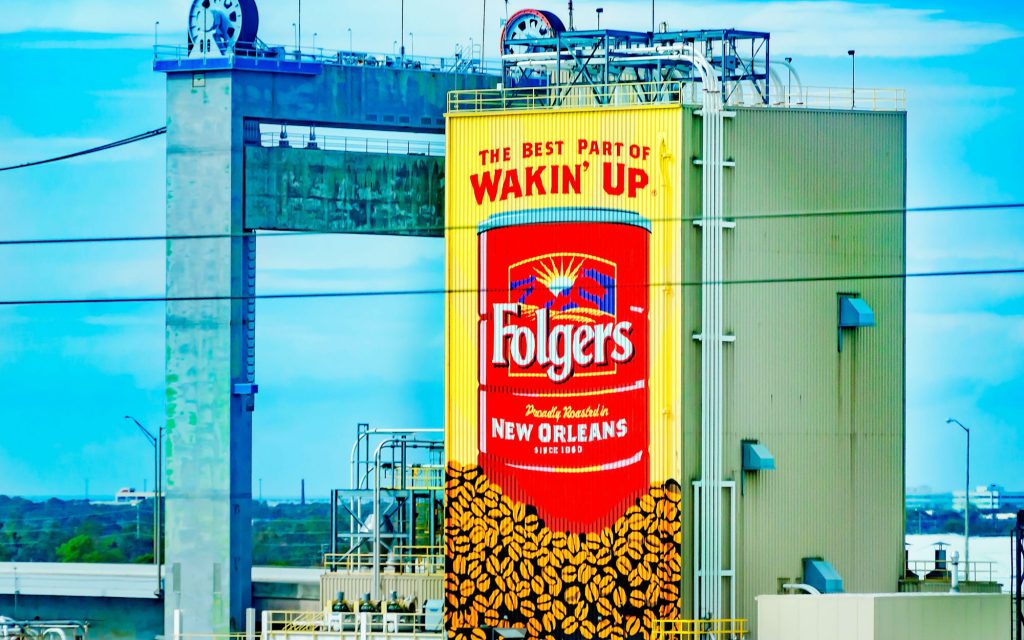
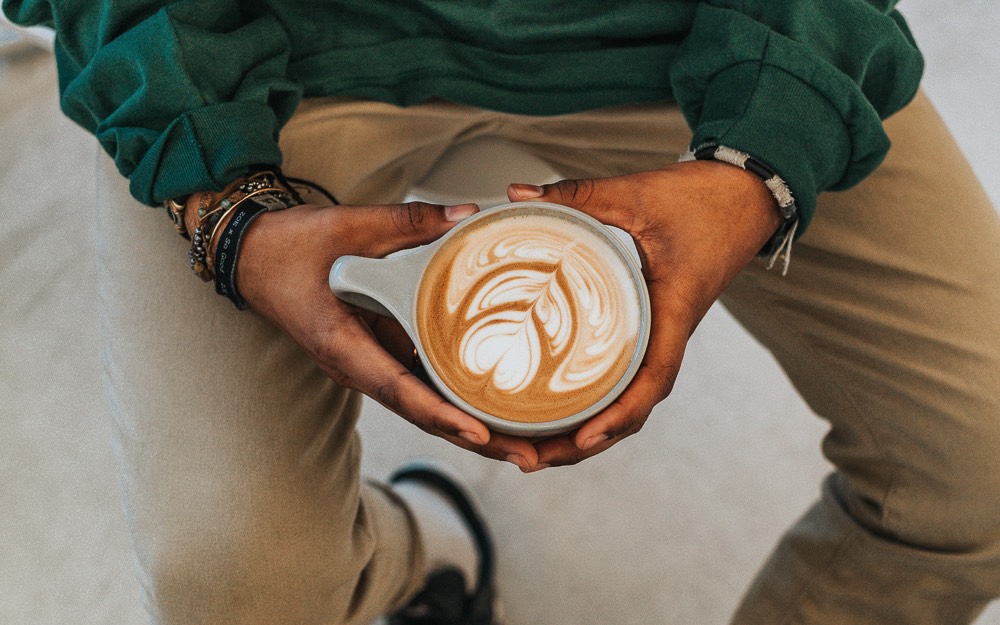
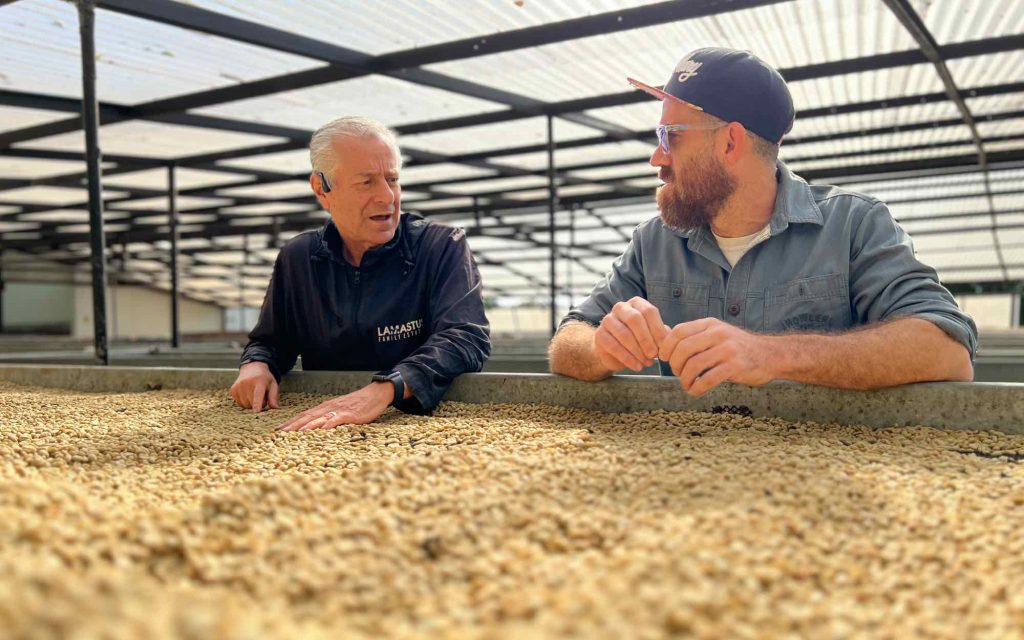
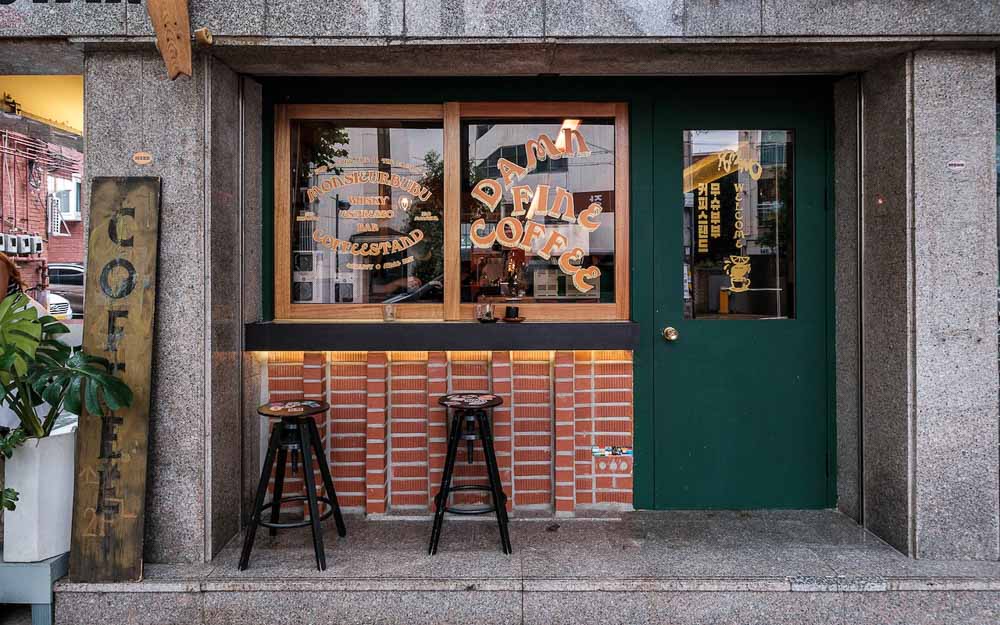
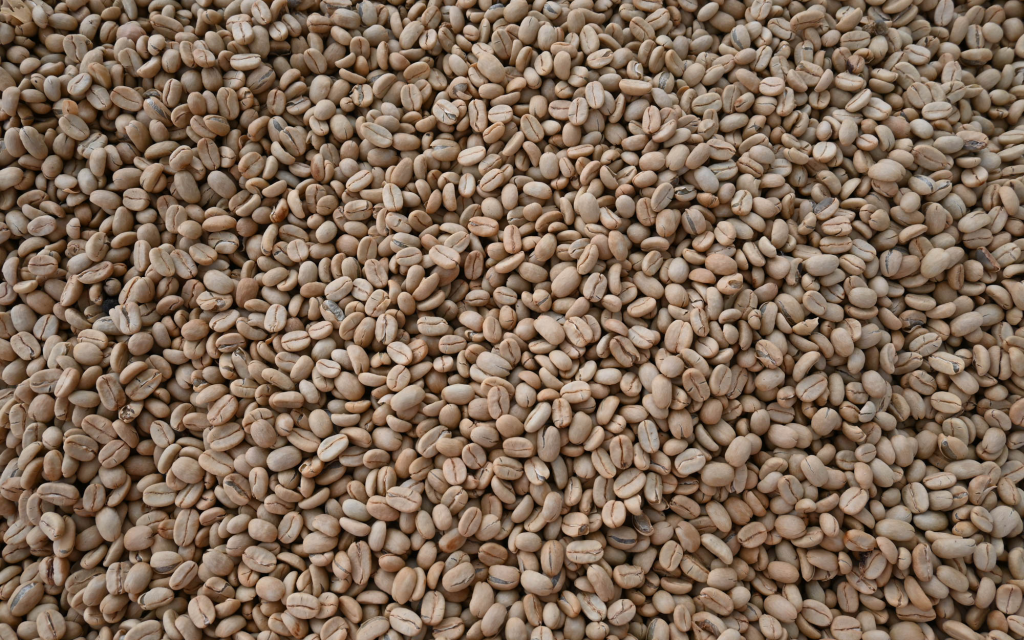
Responses